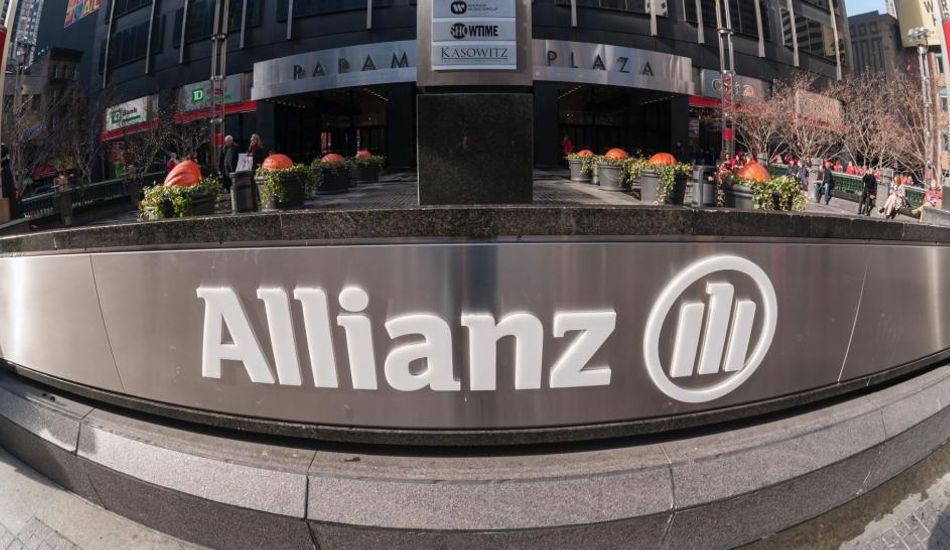
Allianz Life Confirms Cyberattack Exposing Customer Data: What You Need to Know
I don't know about you, but I always get a little uneasy when I hear about data breaches. This time, it's Allianz Life, the U.S. insurance giant, confirming that hackers managed to get their hands on the personal information of most of their customers, financial professionals, and employees. This happened in mid-July, and it's definitely something to pay attention to.
According to a spokesperson, the breach occurred on July 16, 2025, when a "malicious threat actor" gained access to a third-party, cloud-based CRM system used by Allianz Life. Think of a CRM system like a giant digital Rolodex containing customer information. The hackers were able to snatch personally identifiable data using a sneaky social engineering technique. It's like tricking someone into giving you the keys to the kingdom, except in this case, it's a company's database.
Allianz Life has around 1.4 million customers, so we are talking about a significant number of people potentially affected. The company reported the incident to the FBI and claims that there's "no evidence" that any other systems were compromised. The insurance giant wouldn't say if they received a ransom note or attribute the attack to a specific group.
Interestingly, Allianz Life isn't the only insurance company that has been targeted recently. Aflac, another big player in the insurance world, also experienced a data breach. Google researchers mentioned that they were aware of multiple intrusions across the insurance sector attributed to a hacking collective known as Scattered Spider. These guys are known for using social engineering to trick helpdesks into granting them access to a company's network. Before insurance companies, they were seen targeting the U.K. retail industry, aviation, transportation, and even Silicon Valley giants.
Allianz plans to start notifying affected individuals around August 1. If you're an Allianz Life customer or employee, keep an eye out for any communication from the company.
It's a stark reminder that no matter how secure we think our data is, there's always a risk.
Source: TechCrunch